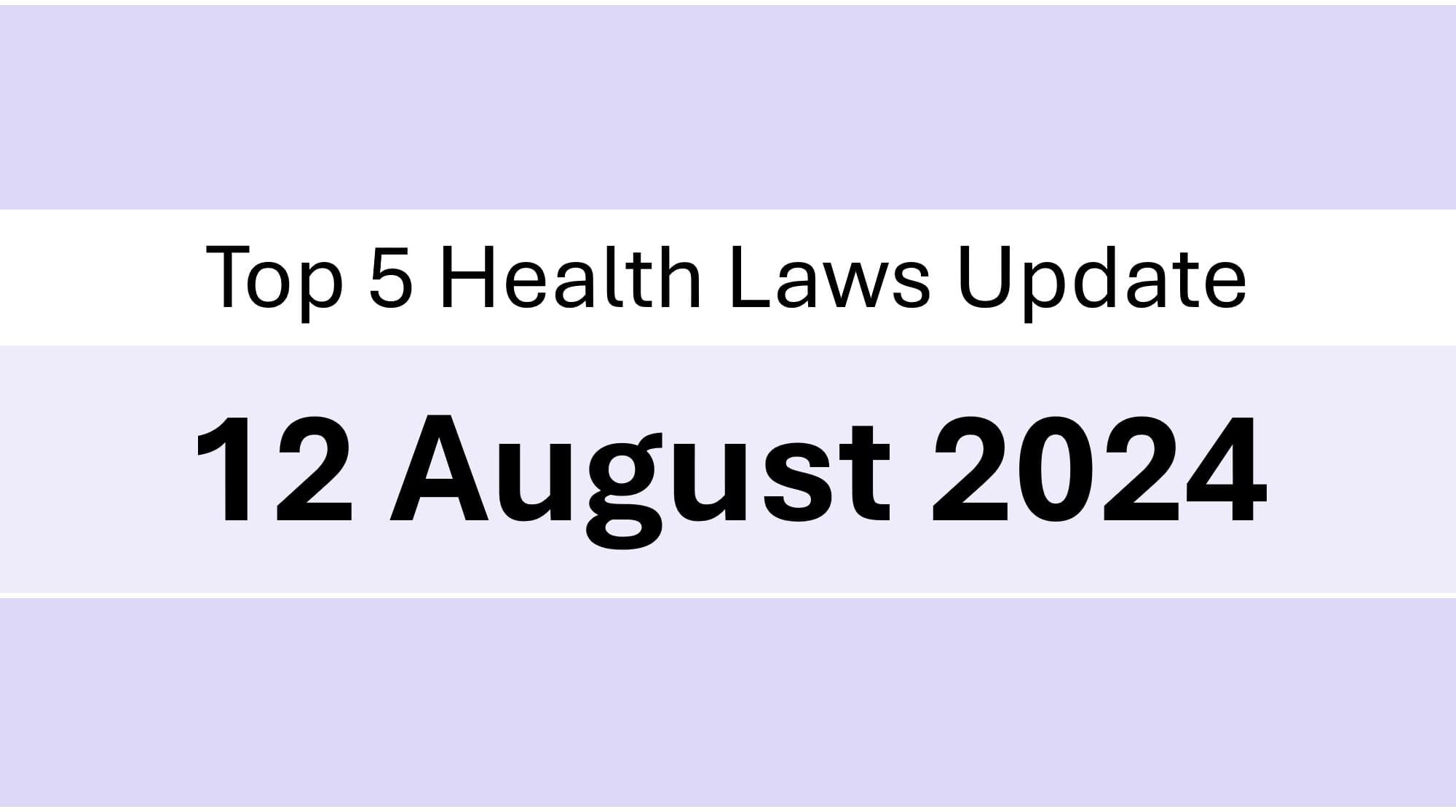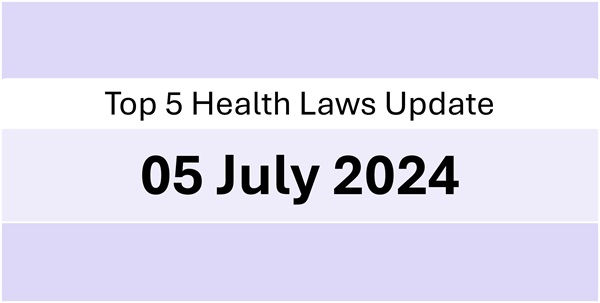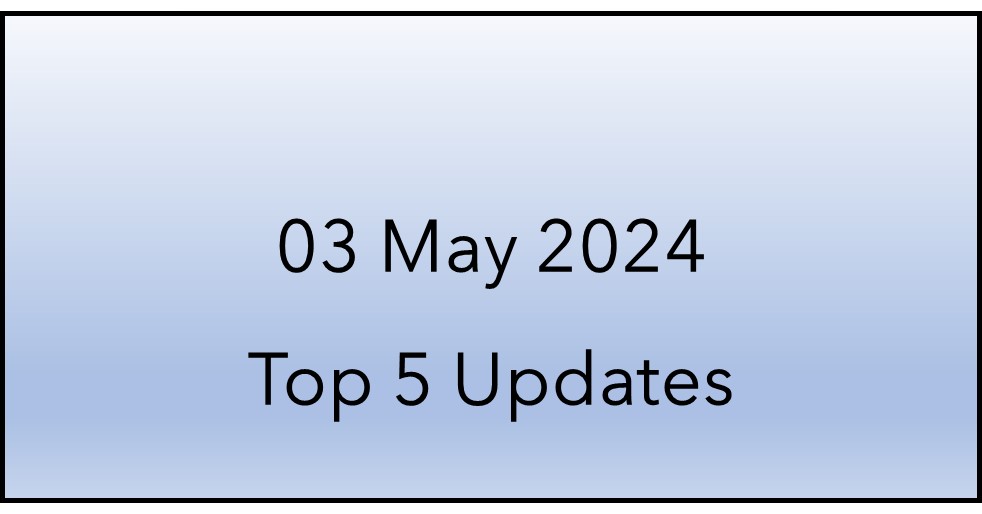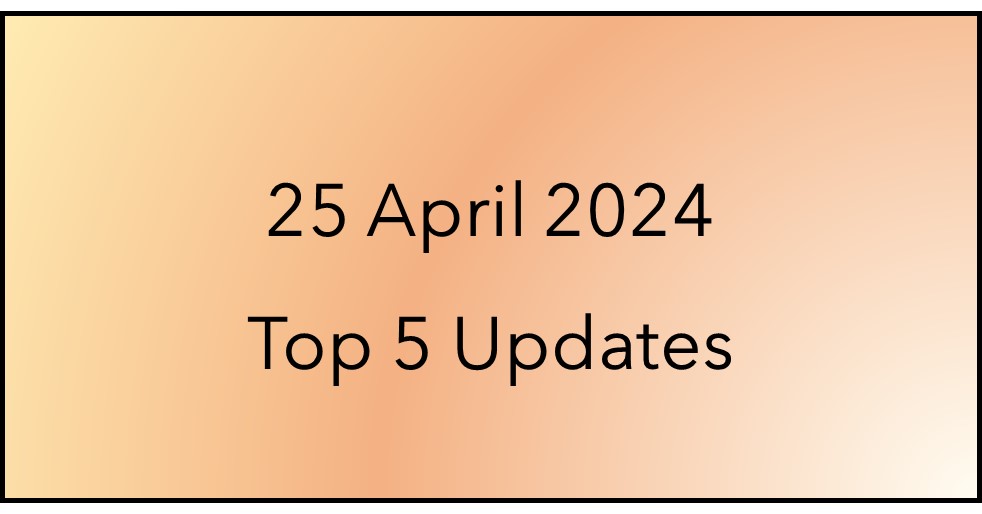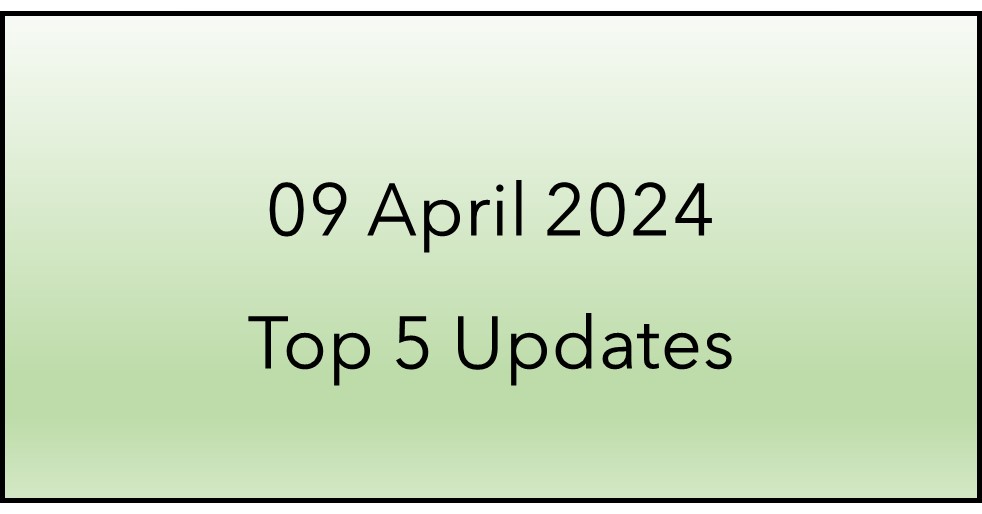Dear Reader, we are happy to share the most interesting legal and policy updates concerning health industry that we read today. We hope you enjoy reading it.
Supreme Court clarifies when a patient’s negligence may be reduced due to pre-existing conditions
India’s Supreme Court has laid down the situations in which a patient’s claim for compensation due to medical negligence may be reduced on the grounds of pre-existing conditions. These are: First, when a latent condition of the patient has been unearthed; Second, when the negligence on the part of the wrongdoer re-activates a patient’s pre-existing condition that had subsided due to treatment; Third, wrongdoer’s actions aggravate known, pre-existing conditions, that have not yet received medical attention; and Fourth, when the wrongdoer’s actions accelerate an inevitable disability or loss of life due to a condition possessed by the patient even when the eventuality would have occurred with time, in the absence of the wrongdoer’s actions. This rule is commonly referred to as the ‘egg-shell skull’ rule.
Revised penalty will apply, even if the offence took place before the penalty is revised: Supreme Court
India’s Supreme Court has held that a repealed provision will cease to operate from the date of repeal and the substituted provision will commence to operate from the date of its substitution. The Court was dealing with a matter involving the determination of penalty for loss of liquor in transit. The unamended rule, which existed at the time when the breach happened, provided for a penalty of four times the duty payable on liquor. The amended rule provided for a penalty equal to the duty payable on liquor. Since no additional guidance for the application of the amended rule was prescribed, the Supreme Court held that the amended penalty provision would apply.
Proceedings related to alcohol content in drugs under excise laws and drug laws can run concurrently: High Court
India’s Gujarat High Court has clarified that action under the Drugs & Cosmetics Act does not exempt an individual from prosecution if a case is made out under the Gujarat Prohibition Act, 1949. In this case, a pharmaceutical manufacturer had allegedly violated the State’s prohibition law by selling intoxicating substances as ayurvedic medicine and, therefore, was facing action against the excise laws as well as drug laws.
Limits on the import of Isopropyl alcohol relaxed
India’s Directorate General of Foreign Trade (DGFT) has notified the discontinuation of safeguard measures on the import of isopropyl alcohol (IPA) through a trade notice. Earlier, country-wise quantitative restrictions (QR) were imposed on the import of IPA into India.
Used imported medical devices with a minimum shelf life of 5 years are not waste: Tribunal
India’s Hyderabad Bench of Customs, Excise, and Service Tax Appellate Tribunal (CESTAT) has held that used medical devices with a minimum residual life of 5 years or more are not e-waste or hazardous waste. In this matter, a hospital had imported used medical equipment for internal use but the Customs had seized the capital equipment on grounds that the used medical equipment qualified as hazardous waste under the Hazardous and Other Wastes (Management and Transboundary Movement) Rules, 2016

